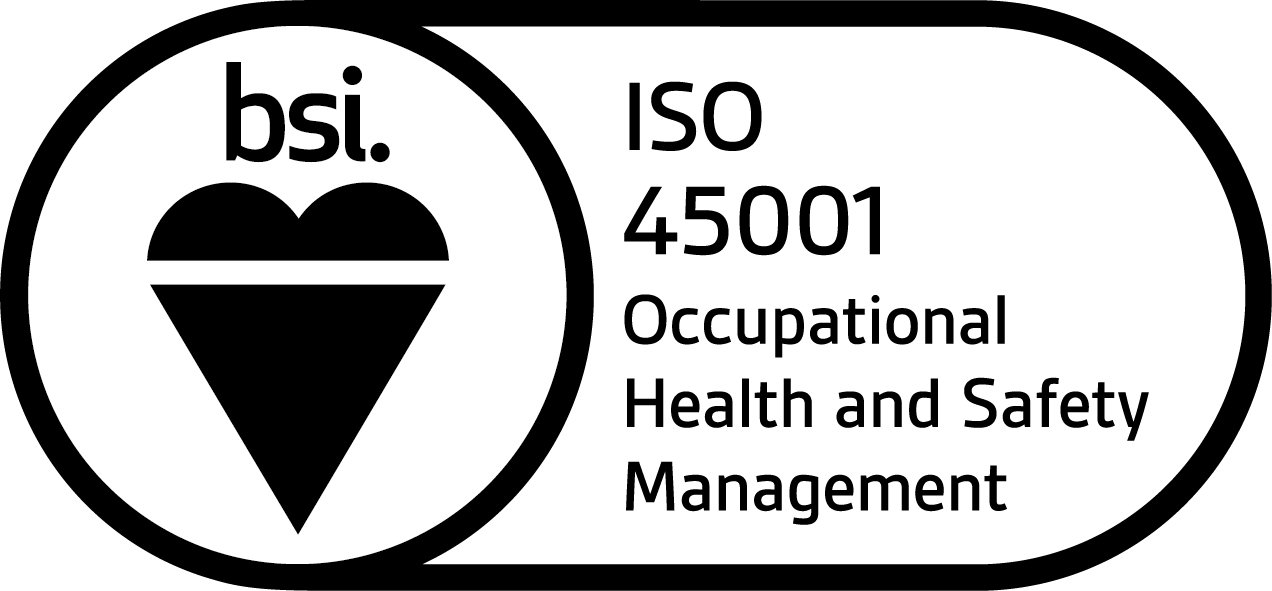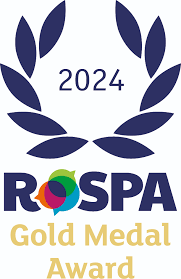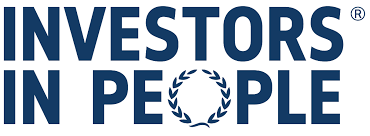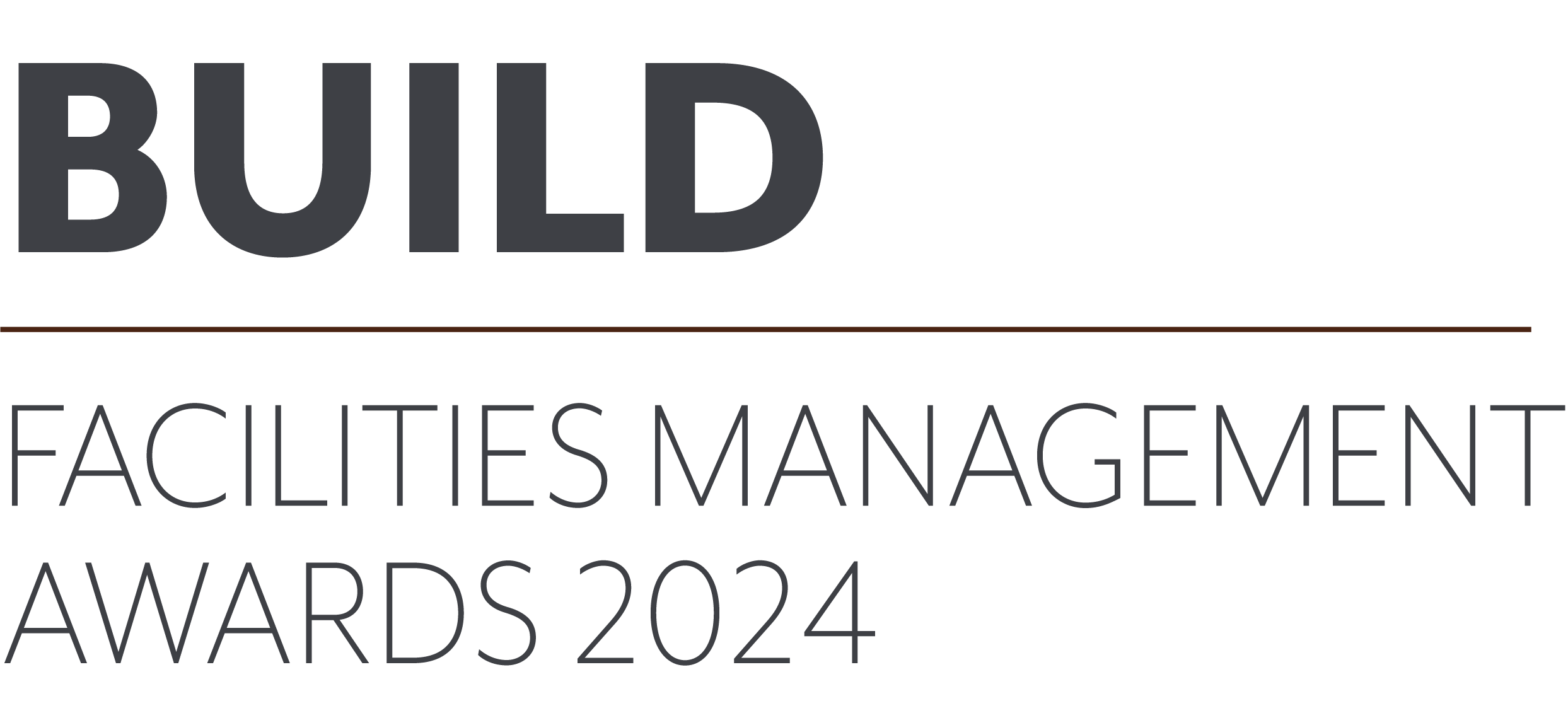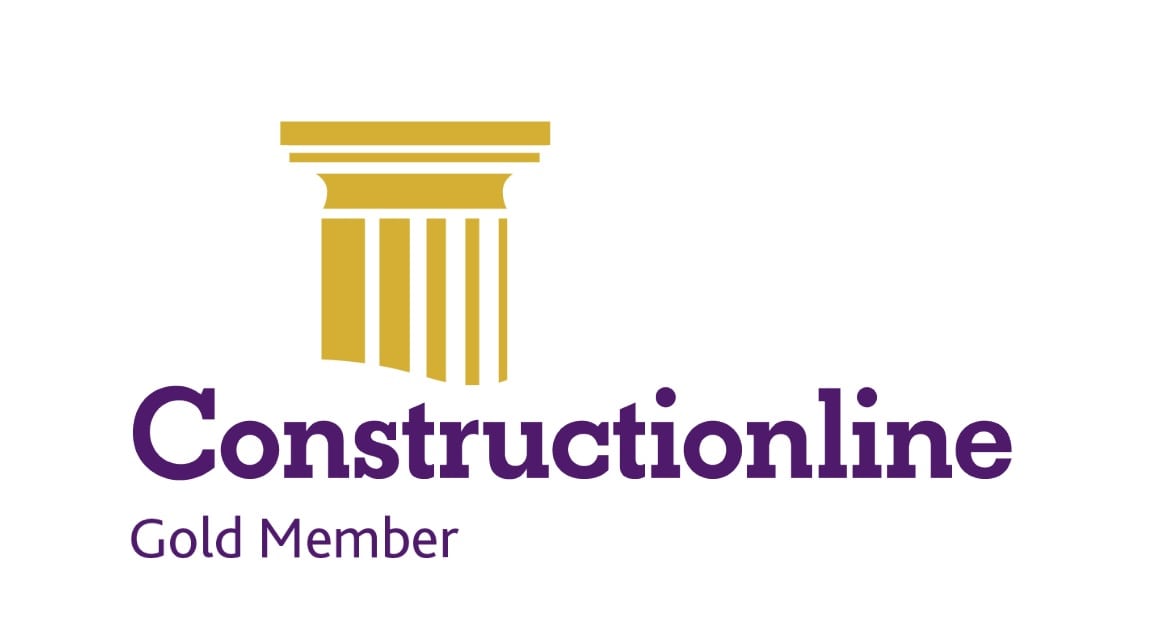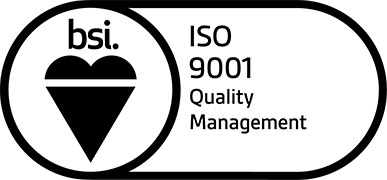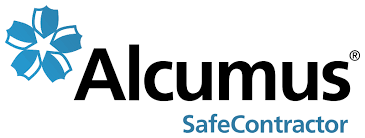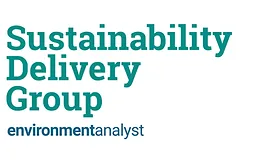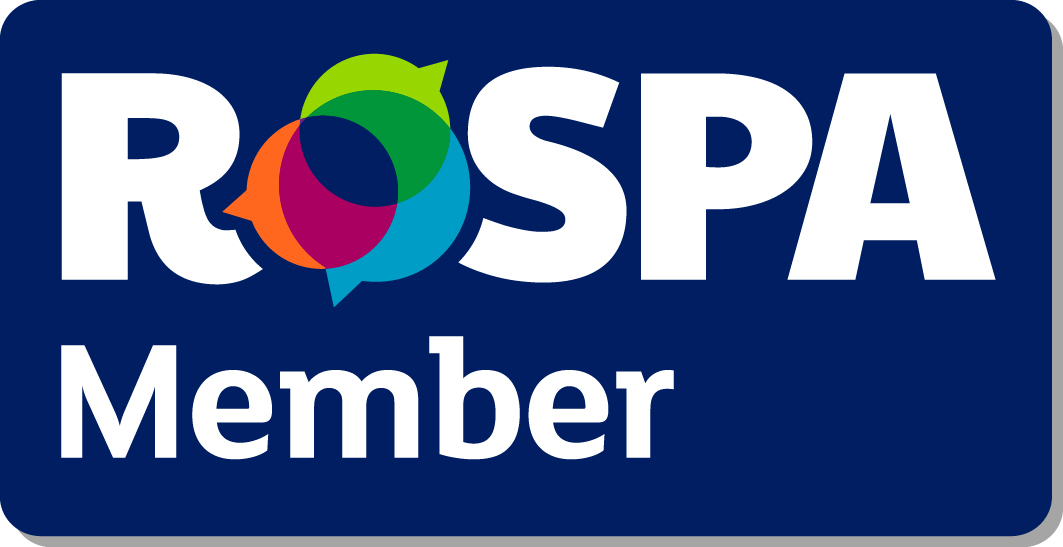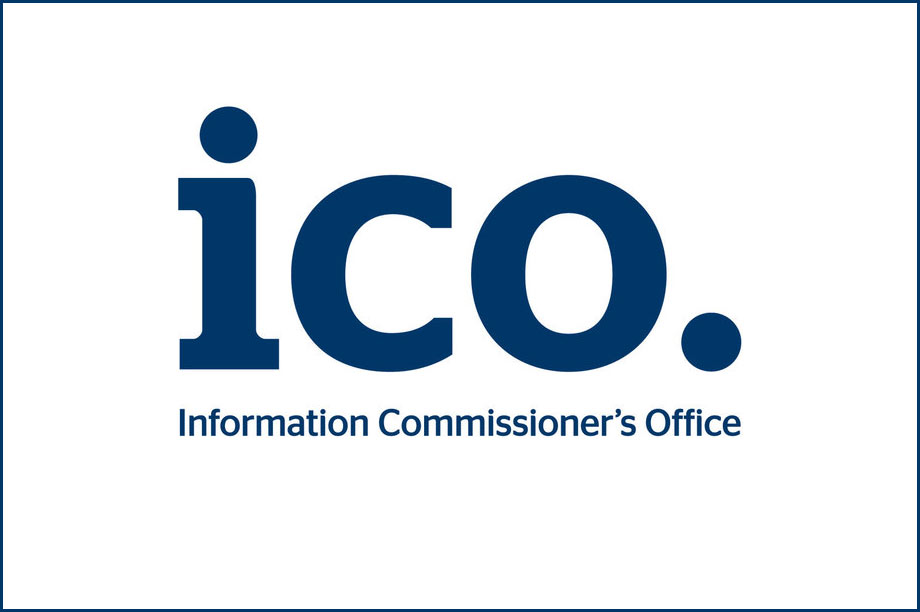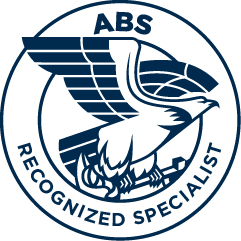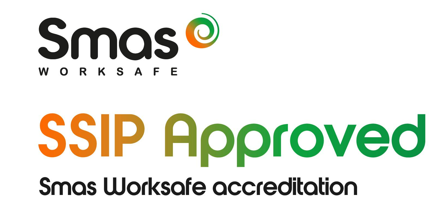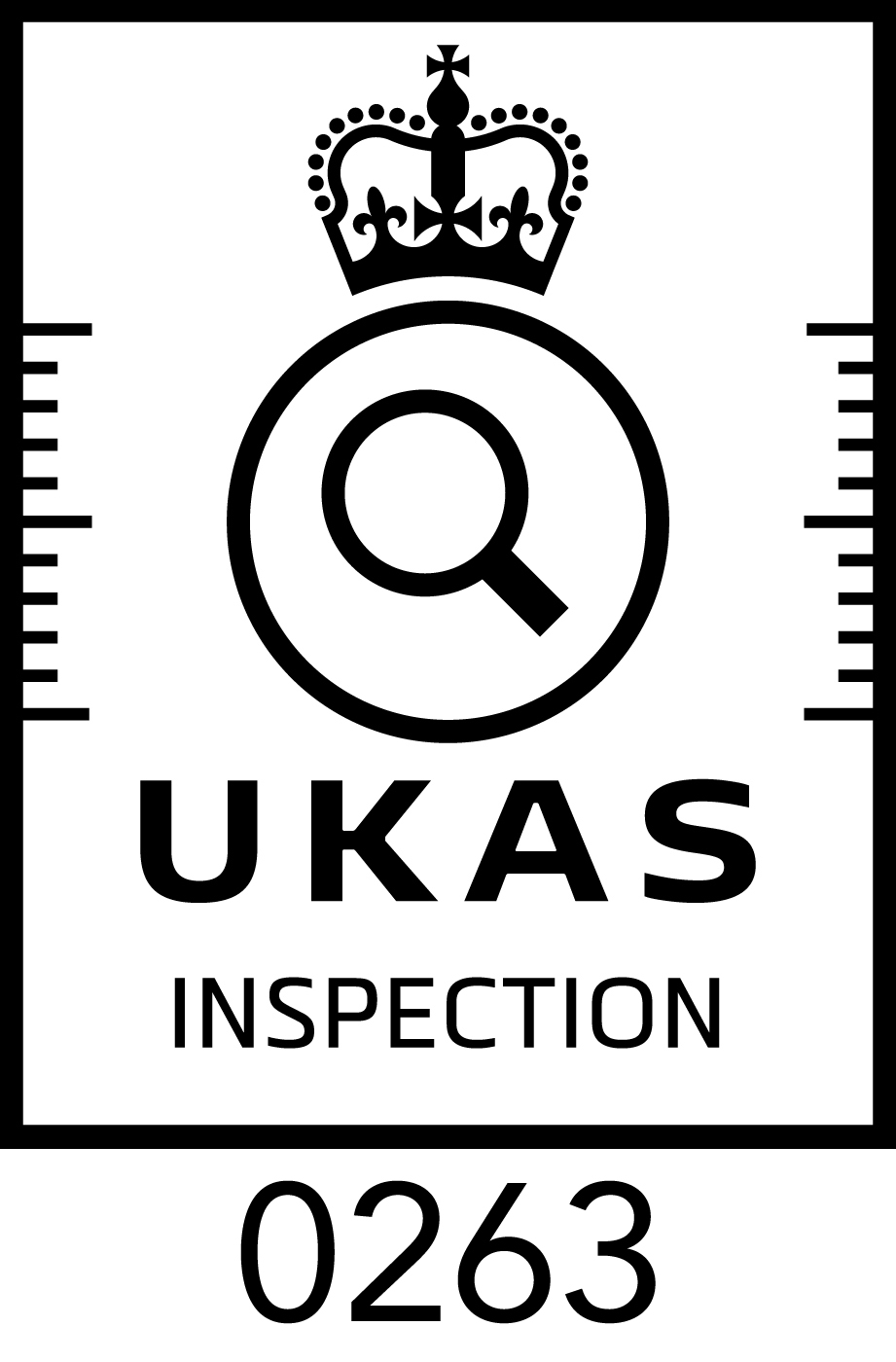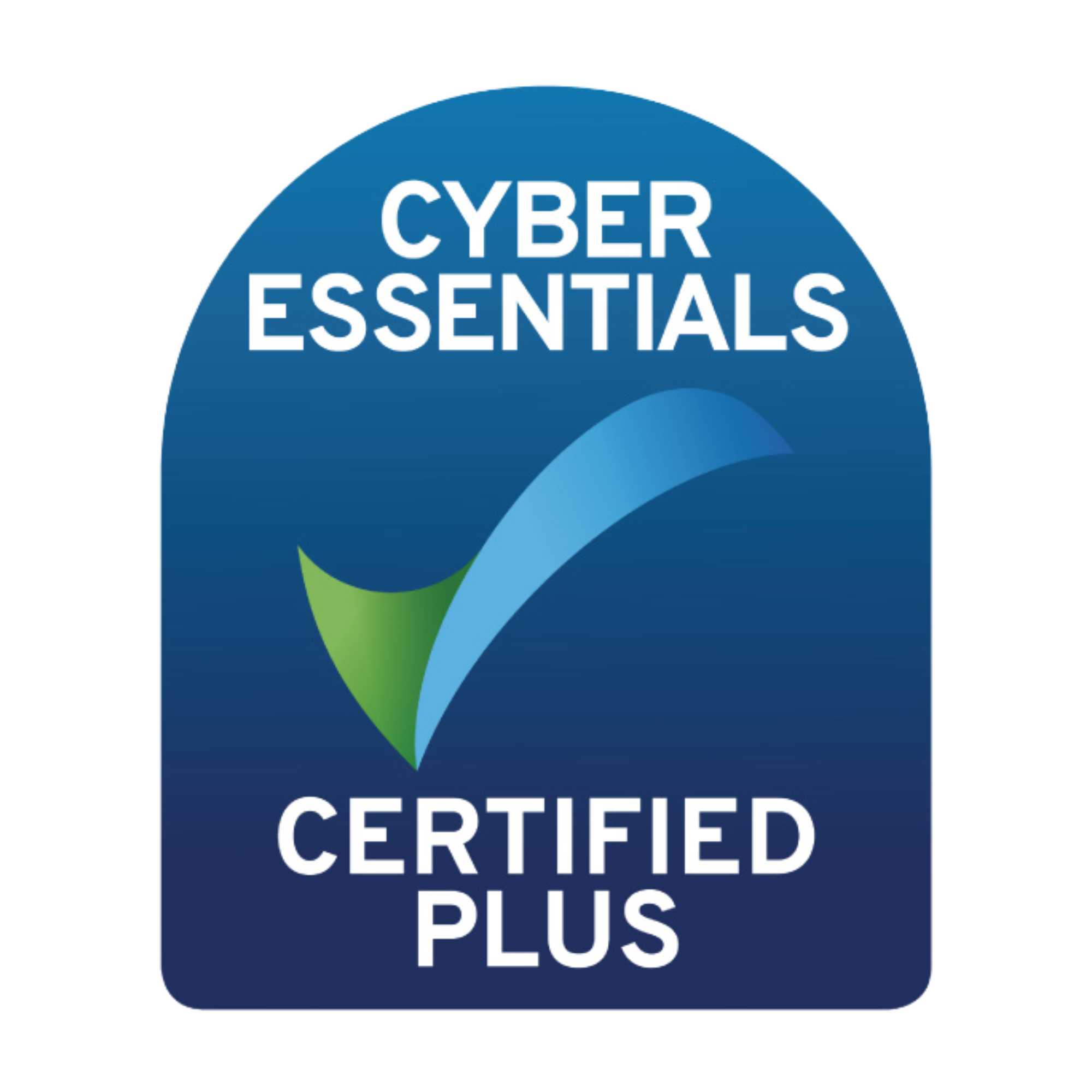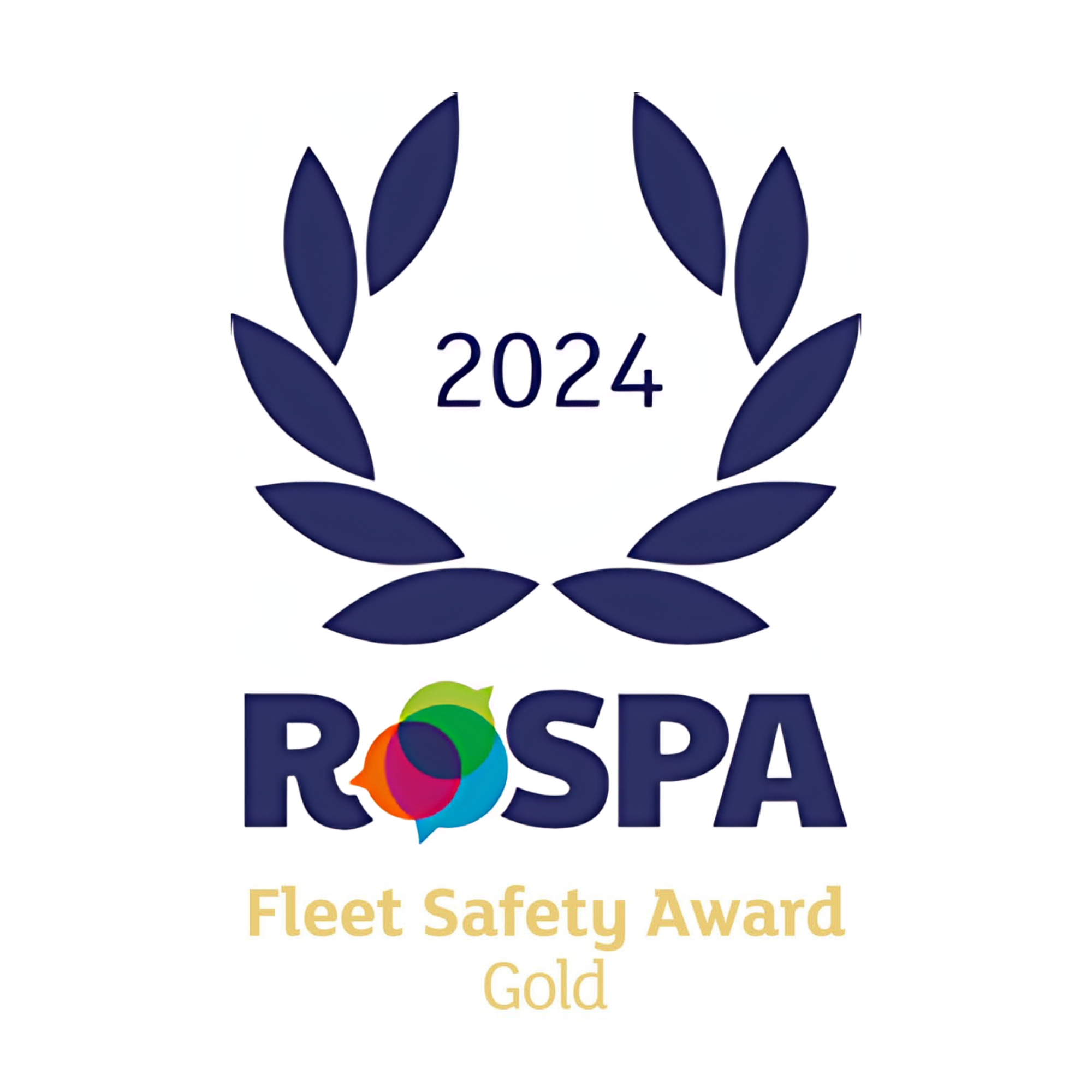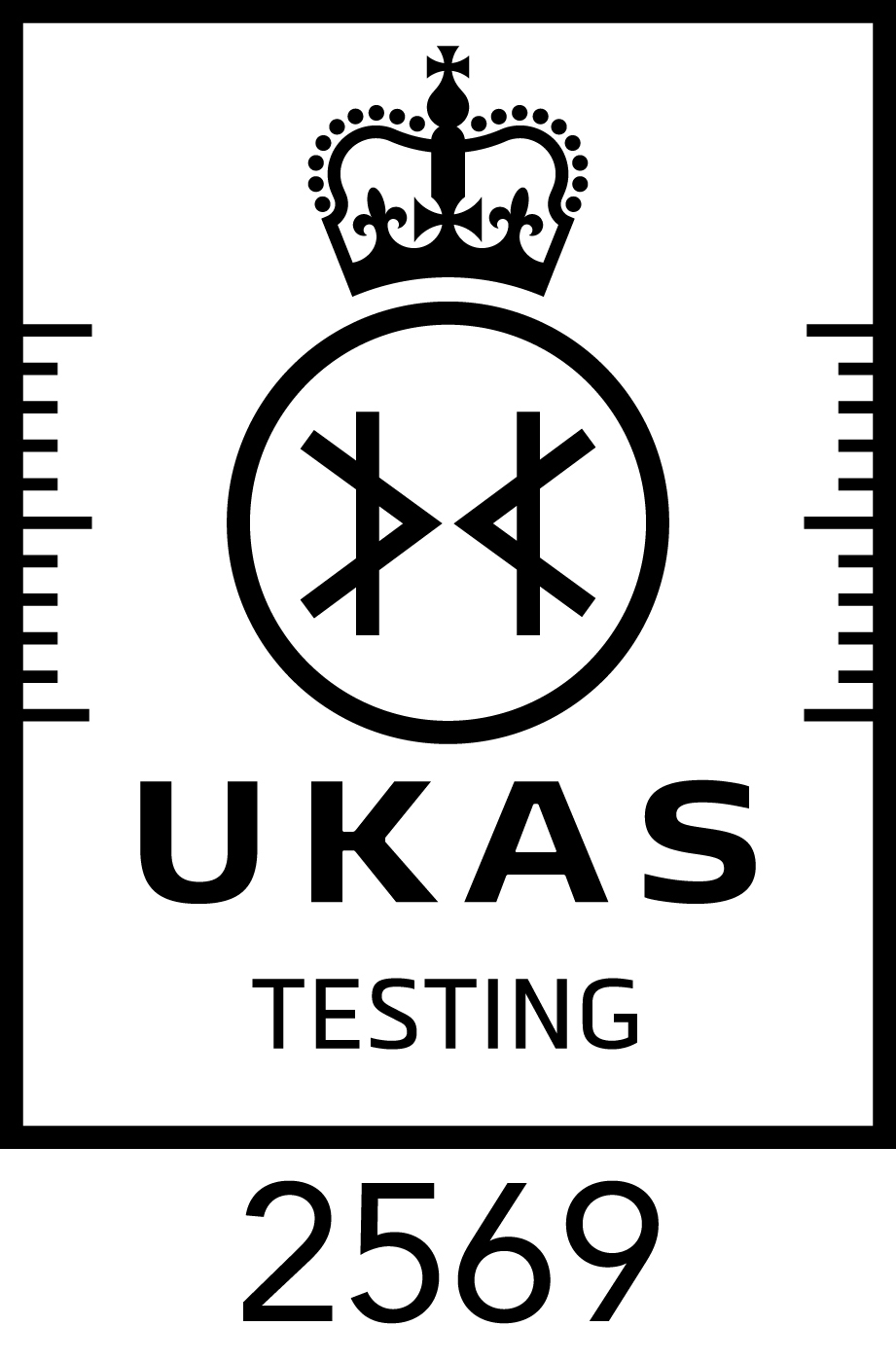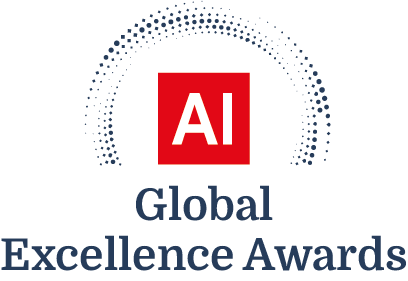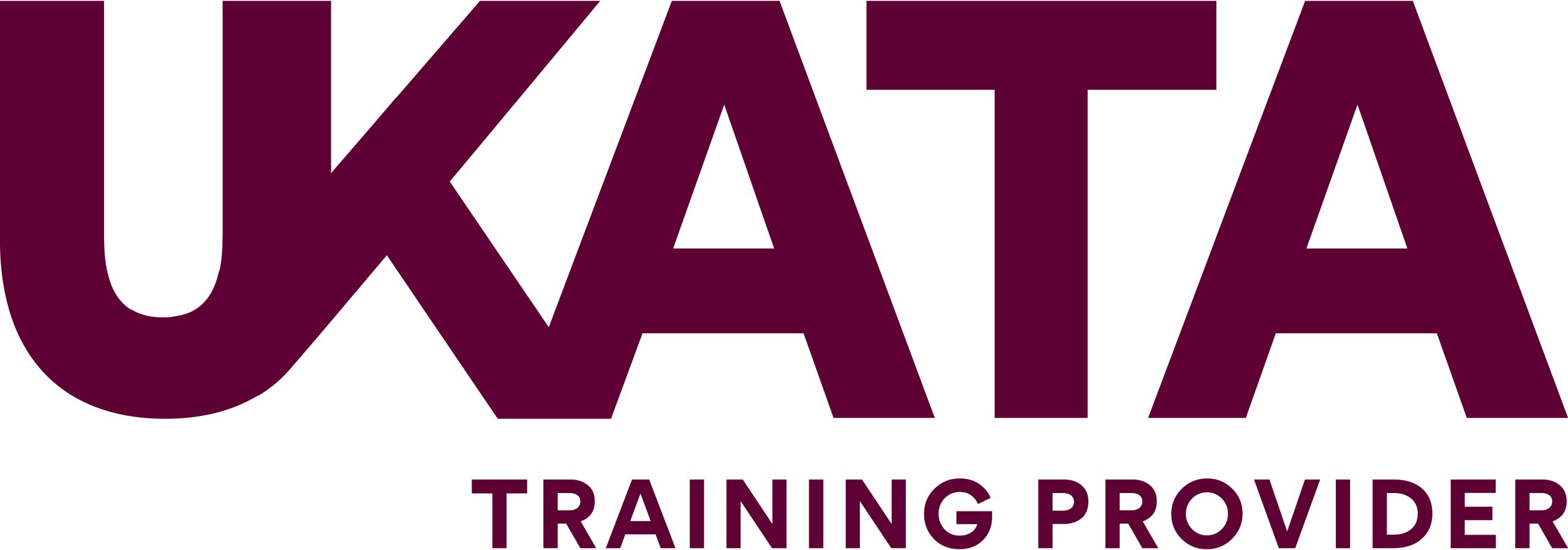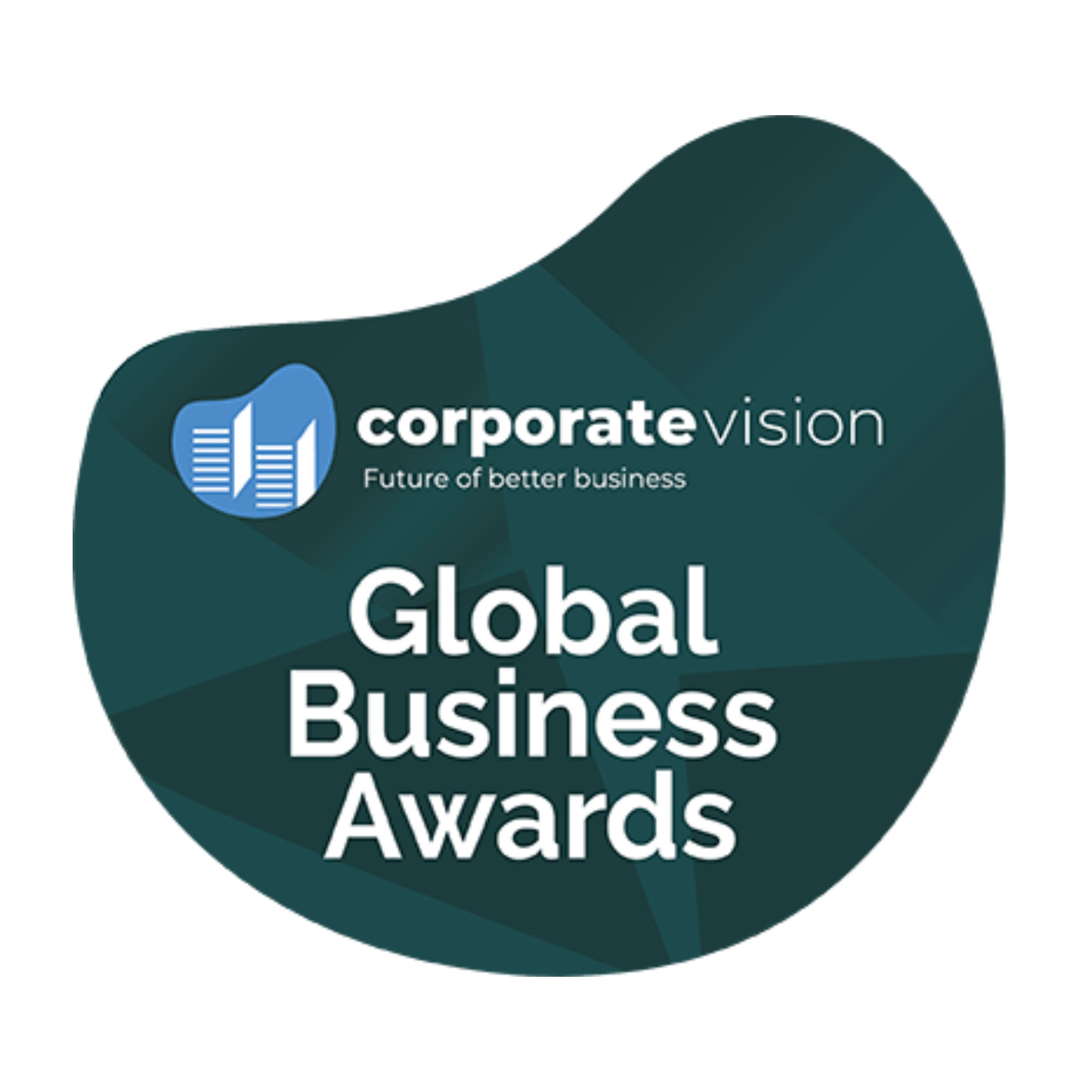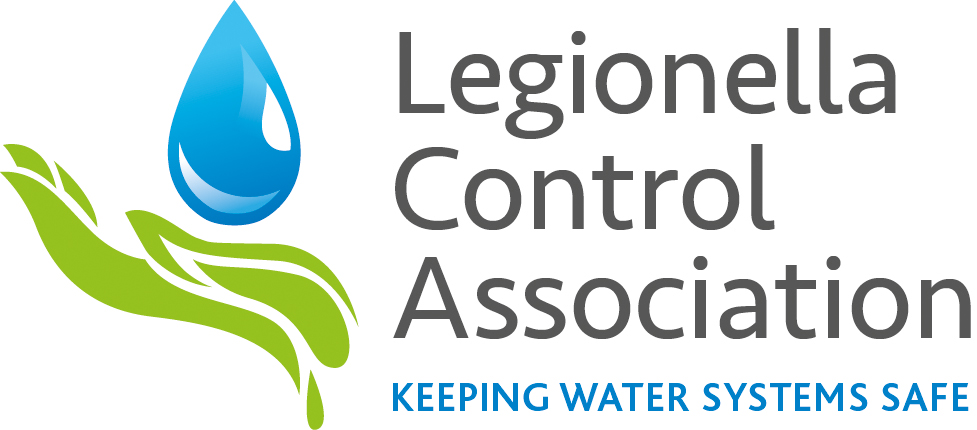Protecting people and planet
Protecting people and planet
Protecting people and planet
Protecting people and planet
Protecting people and planet
Is your company ready for SECR?

Lucion Group
8th August, 2019
What is SECR?
SECR is intended to do what is says on the tin! To streamline the reporting burden faced by UK businesses in relation to Energy and Carbon.
SECR comes off the back of consultation to simplify the UK’s approach to Energy & Carbon legislative reporting requirements.
SECR provides a single, consistent approach to annual reporting of energy consumption and greenhouse gas (GHG) emissions for all large companies in the UK. It replaces some energy/carbon legislation such as CRC, but it works alongside Energy Savings Opportunity Scheme (ESOS).
Who must comply with SECR?
SECR affects three groups of businesses in the UK:
- Quoted companies of any size that are already required to report under mandatory GHG reporting regulations.
- Unquoted companies, incorporated in the UK, that meet the definition of “large” as set out by the Companies Act 2006. This applies to both registered and unregistered companies.
- “Large” Limited Liabilty Partnerships (LLPs).
An unquoted company and LLP is defined as “large” if they meet at least two of the following three criteria during a reporting year;
- Turnover of £36m or greater.
- Balance sheet of £18m or greater.
- 250 employees or more.
Note: The definition of a Large company or LLP differs from the definition of a Large Undertaking under the Energy Savings Opportunity Scheme (ESOS).
Exemptions
Quoted and large unquoted companies and large LLPs can be exempted from reporting under SECR if they are low energy users – a de minimis level of 40MWh per year total energy consumption.
Unlike ESOS, a company reporting at group level is not obligated to report on any subsidiary companies which does not meet the qualification criteria for SECR in its own right.
 Where Group level reporting of energy and carbon has been made by the UK parent company, a UK subsidiary included within the consolidated group level reporting is not required to include energy and carbon reporting in it’s on year end reporting.
Where Group level reporting of energy and carbon has been made by the UK parent company, a UK subsidiary included within the consolidated group level reporting is not required to include energy and carbon reporting in it’s on year end reporting.
When must a company comply with SECR?
SECR must be included within a company’s Directors’ Report, or within an equivalent ‘Energy & Carbon Report’ for LLPs and unquoted companies, for financial years which begin on or after 1st April 2019.
Example: If your company’s financial year runs 1st January to 31st December, your first reporting period will be at the end of Financial Year ending 31st December 2020.
What must companies report?
Existing requirements for Mandatory Greenhouse Gas (GHG) Reporting exist for quoted companies – and that remains unchanged by the introduction of SECR.
Quoted companies must continue to report their Global Scope 1 and Scope 2 emissions, along with an appropriate emissions intensity ratio.
However, SECR introduces additional reporting requirements, including:
- Total energy use.
- Split between UK and overseas energy use.
- Comparison with previous year performance.
Large unquoted companies and large LLPs must report:
- UK Scope 1 and Scope 2 GHG emissions.
- Total UK energy consumption.
- At least one appropriate intensity metric.
All companies must include a written statement providing a narrative describing actions and measures taken during the year to improve energy efficiency and reduce carbon emissions.
Transport energy is included where the company is financially responsible for the fuel, such as the use of company vehicles. Fuel procured as part of a service such as public transport (trains, flights) are not required to be included within SECR reporting.
 How does SECR work alongside ESOS?
How does SECR work alongside ESOS?
Many of the companies required to report against SECR will already have been subject to compliance with the Energy Savings Opportunity Scheme (ESOS).
ESOS and SECR are designed to compliment one another, and there is no current intent to remove ESOS compliance obligations after the UK leaves the European Union.
The simplest way to view the requirements of the two regulations is to consider:
- ESOS – assessed once every four years – “looks forward” in identifying opportunities to reduce energy consumption and associated carbon emissions. (article: Does your company qualify for ESOS?)
- SECR – reported annually – “looks backwards” to report the actual energy consumption, emissions and reduction measures implemented during the previous year.
What next?
Depending on your company’s financial reporting period, you may already be in your first year of SECR.
Whether that is the case or not, by speaking to one of Delta-Simons’ Sustainability team, we can support you in getting ready to face your first SECR reporting period.
Delta-Simons can support throughout SECR by delivering:
- Scoping Consultation – Help you to understand how SECR regulations apply to your organisation and set a clear and robust methodology and approach to compliance.
- Gap Analysis – Review your current data collection and reporting processes, and review against the needs of SECR.
- Data Review & Validation – Review your data at various stages throughout the year to ensure ease of final SECR reporting.
- Energy Audits – Conduct energy audits to help identify suitable and meaningful opportunities for energy saving measures within your business.
- GHG and SECR Reporting – Calculate total energy consumption and carbon emissions for final SECR reporting on completion of your accounting period and write environmental statement.
- ESOS Compliance – If you have yet to begin assessment to comply with ESOS Phase 2 – deadline of 5th December 2019! – our experienced ESOS Lead Assessors can support you, but you do need to act soon!
Related article: Companies required to report annual energy and carbon
Register for IMPACT Bulletin
Don’t miss a beat - get the latest insights and updates from Lucion straight to your inbox.

